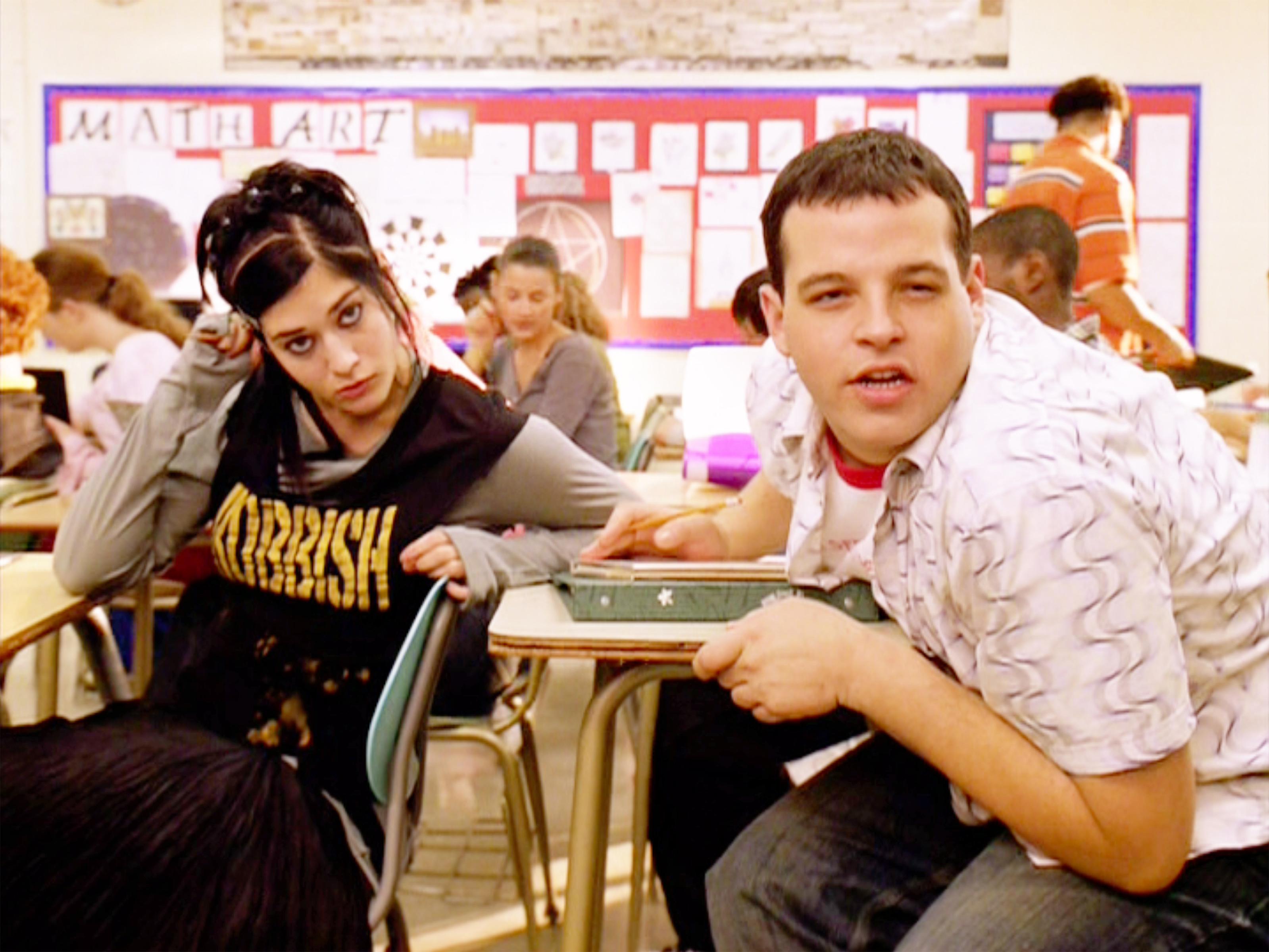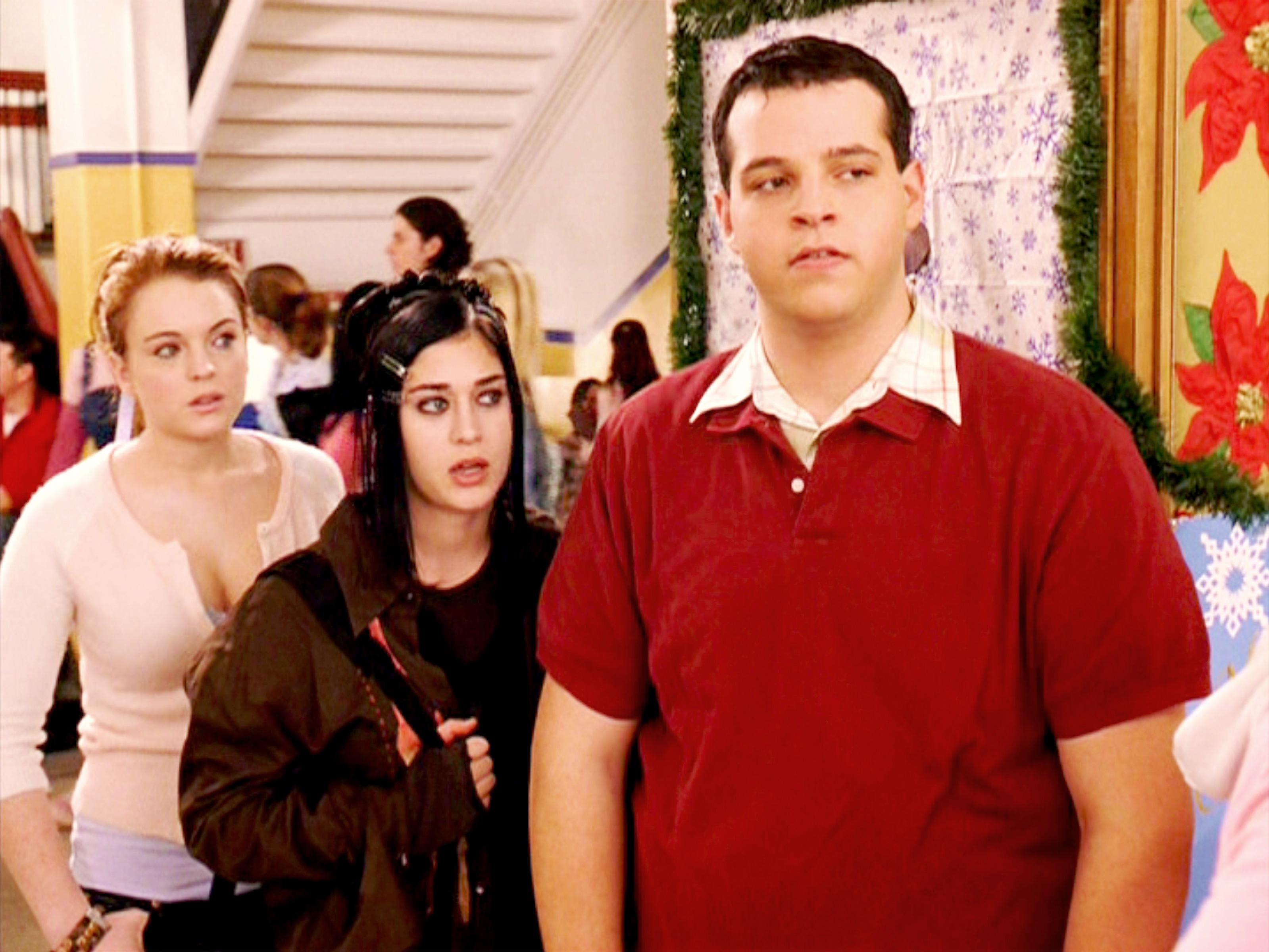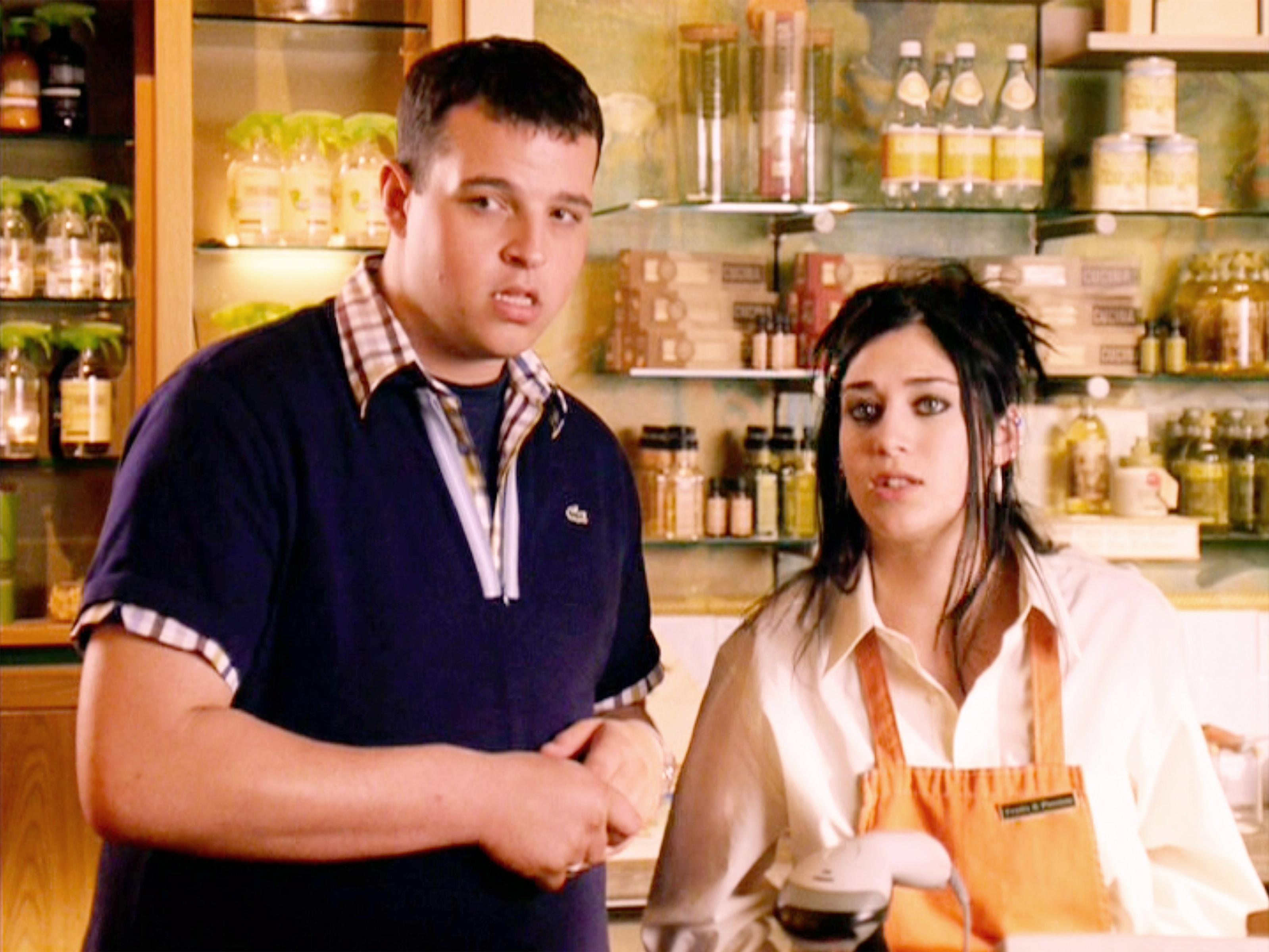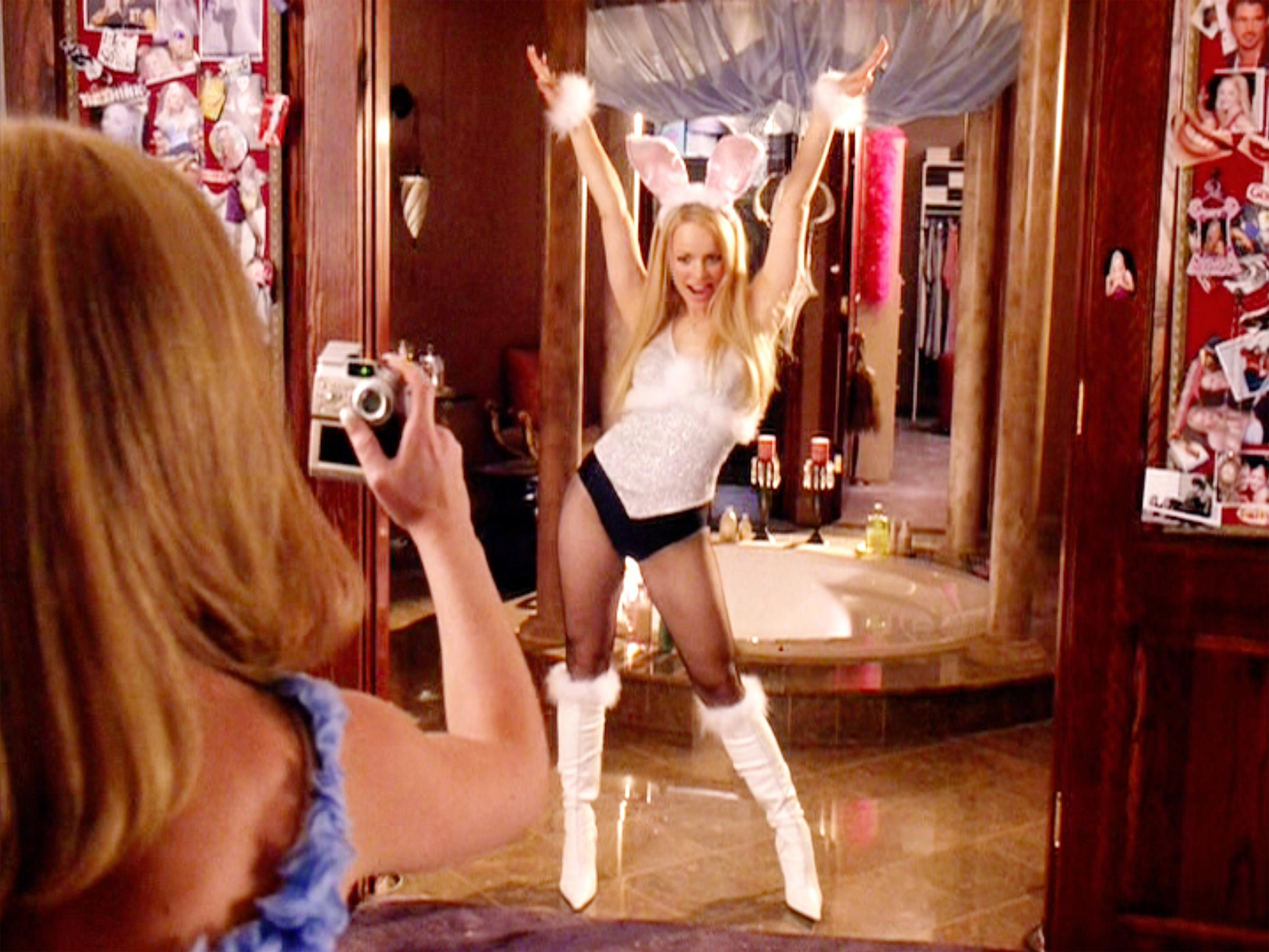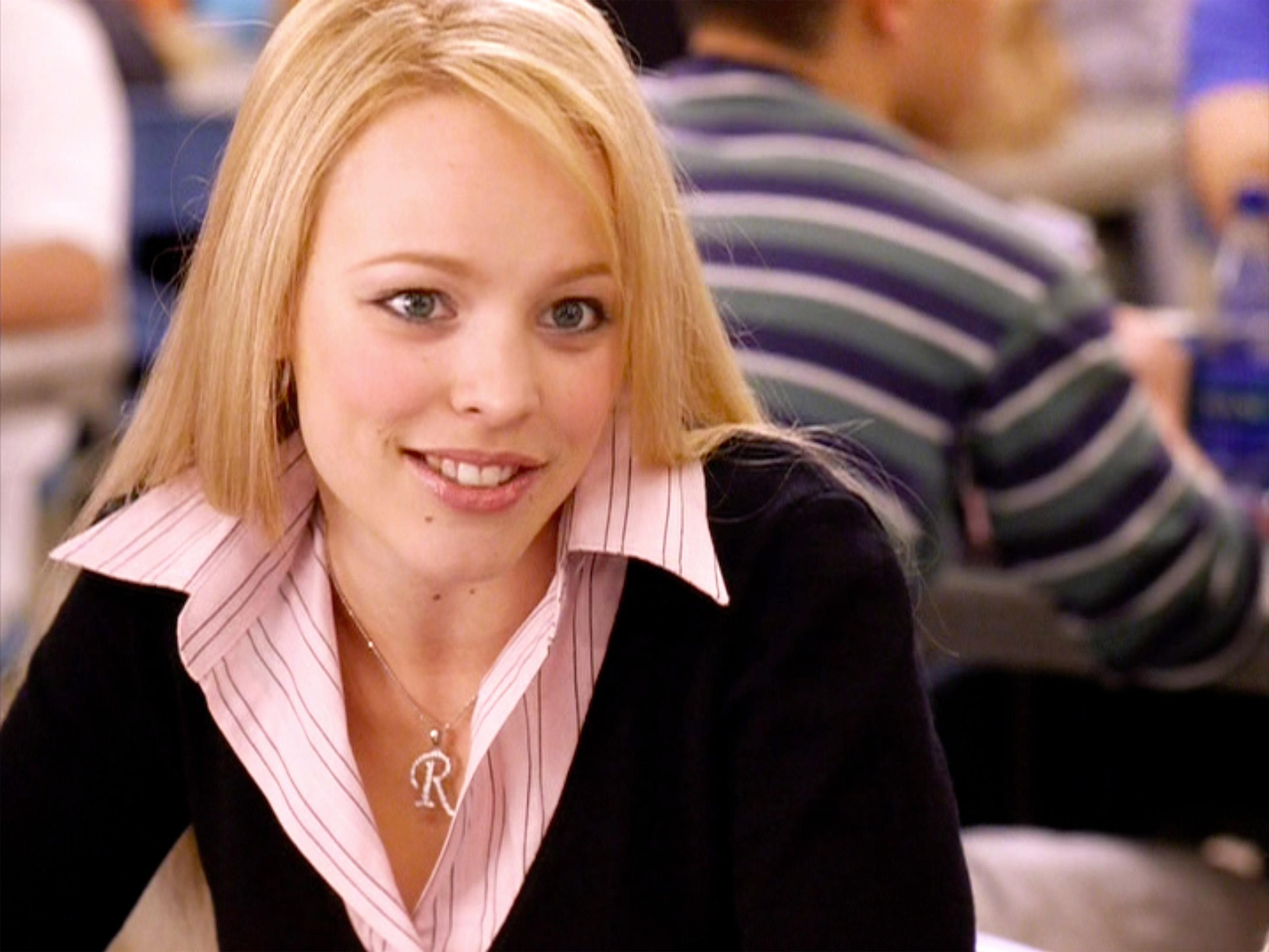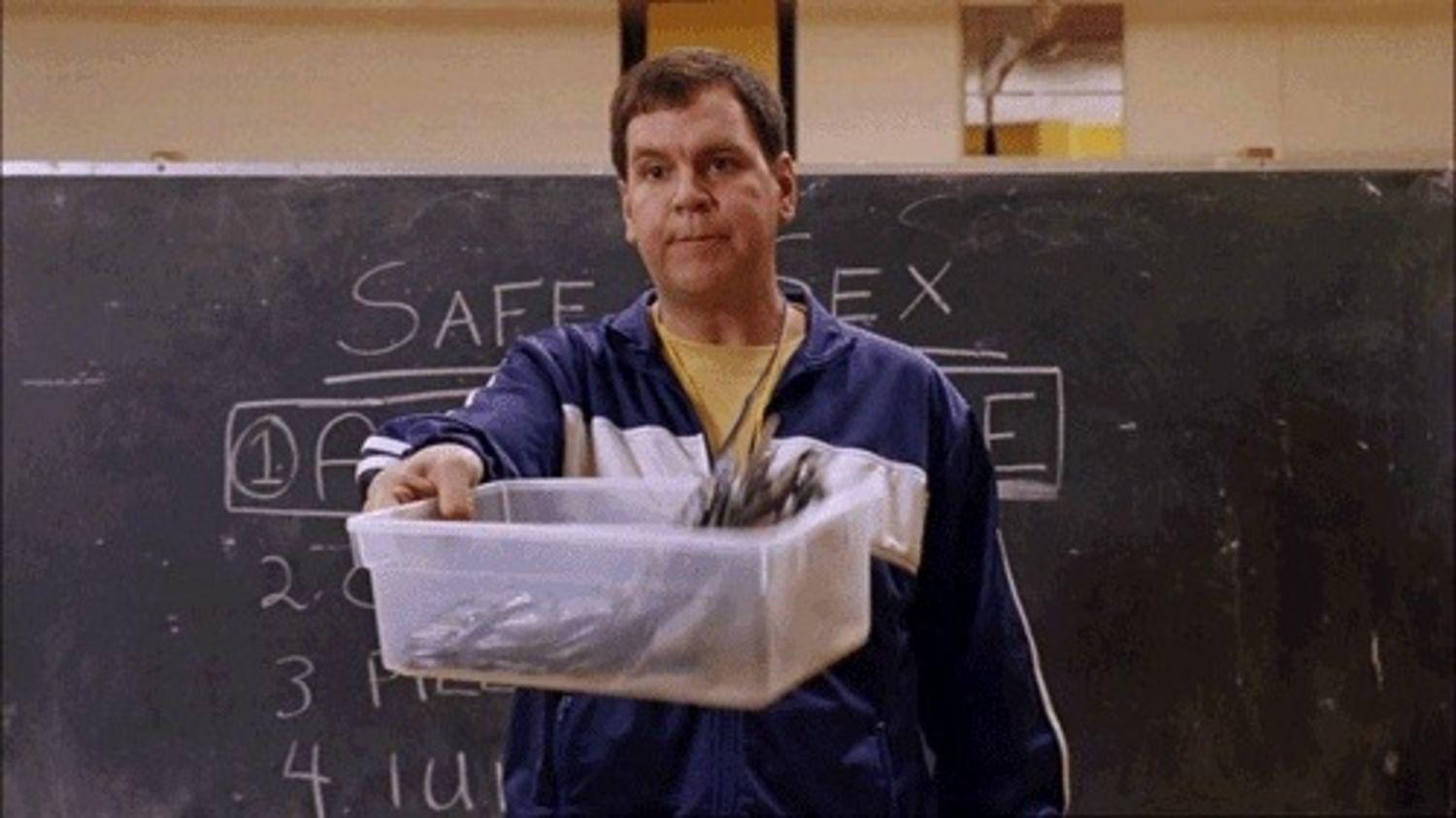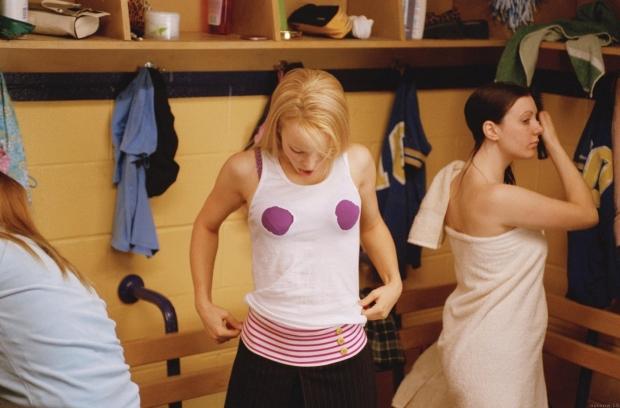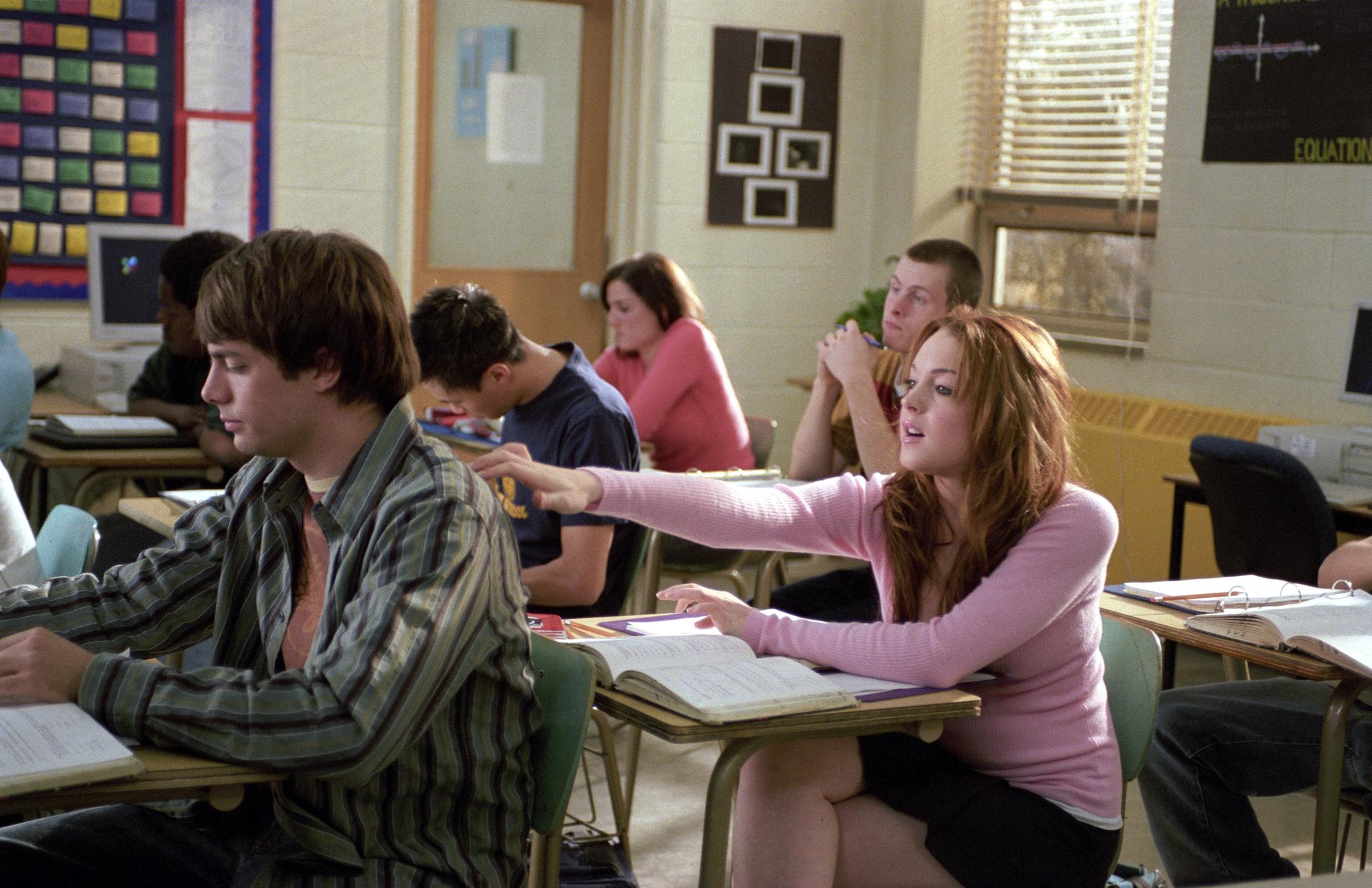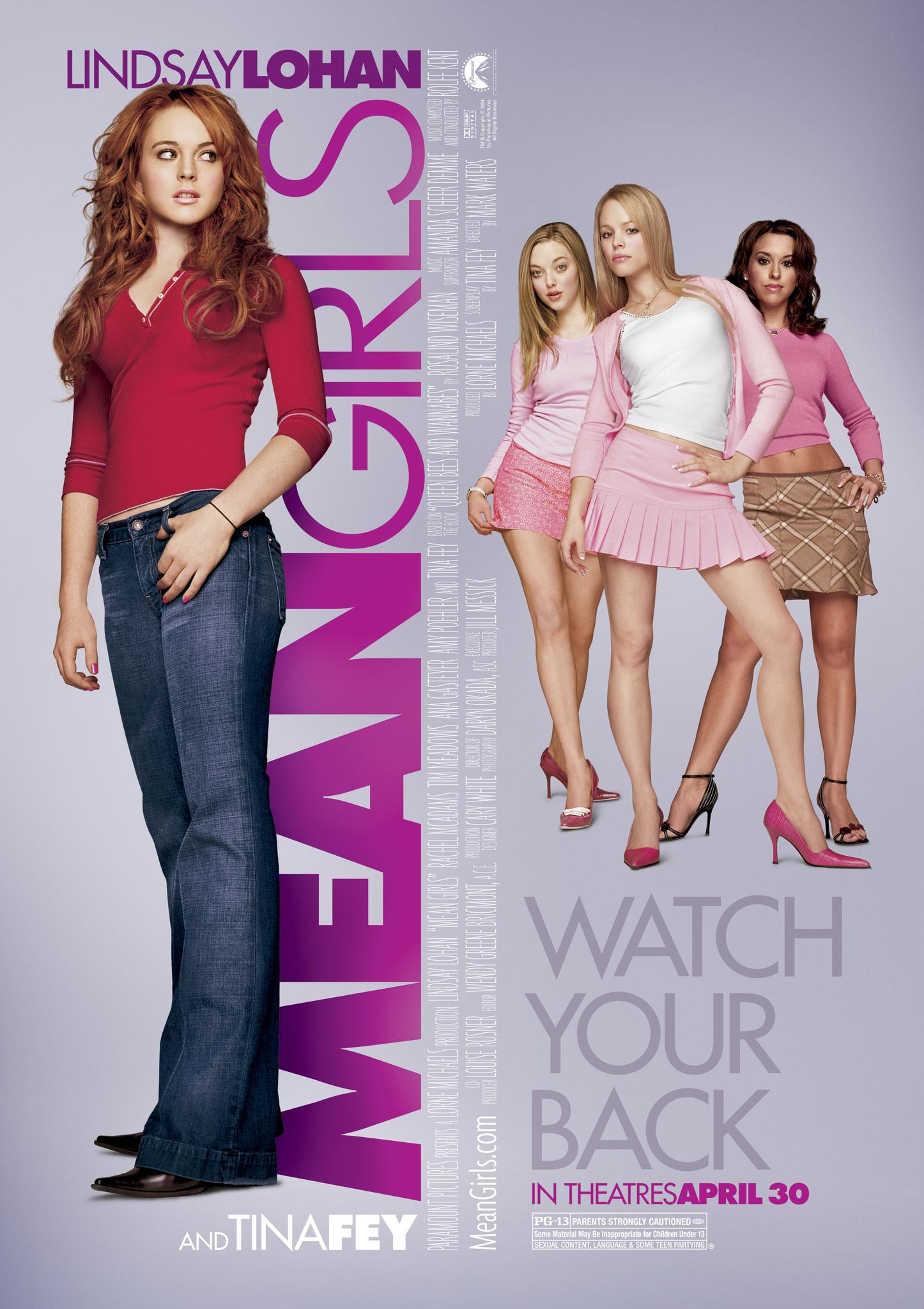Synopsis
After living in Africa with her zoologist parents, 16-year-old Cady Heron, played by Lindsay Lohan, steps into the unfamiliar territory of the American public high school experience. Navigating the treacherous social landscape with guidance from new friends Janis and Damien, Cady quickly learns about the school's rigid cliques. Foremost among them are the Plastics, an exclusive trio led by the charming yet domineering Regina George, portrayed by Rachel McAdams.
Despite initial warnings, Cady finds herself drawn into the Plastics' world, becoming a part of their tight social circle. She discovers the group's notorious "Burn Book," filled with slanders and secrets about classmates and faculty. As Cady starts falling for the charming Aaron Samuels, Regina's former beau, tensions brew, leading Regina to reclaim Aaron out of jealousy, sparking a conflict that turns the high school into a battleground.
Enlisted by Janis to dismantle Regina's reign, Cady embarks on a covert campaign to unsettle the hierarchy. As plans unfold, Cady attempts to cut off Regina's social resources, manipulating friendships and rivalries among the Plastics, who include the anxious Gretchen and the naïve Karen. Yet, this new persona soon consumes Cady, transforming her into the very thing she sought to dethrone—mirroring Regina's manipulative tendencies while distancing herself from her original friends.
The plot thickens with Cady attending a party at her home, where her true motives are laid bare, straining relationships further. In a pivotal twist, Regina uncovers Cady's deceit, orchestrating a masterstroke of revenge through the Burn Book, which comes to light in a high school scandal that leads to chaos.
In the aftermath, with friendships in tatters and trust shattered, Cady finds herself ostracized and regretful. A journey of redemption begins as Cady openly takes responsibility for her actions, endeavoring to mend what is broken. A math competition becomes the stage for a valuable lesson in self-reflection, where Cady realizes that appearances do not define one's true worth.
The narrative crescendos at the Spring Fling dance, where Cady redefines triumph by sharing her crown, symbolizing collective celebration over individual victory. This gesture paves the way for reconciliation among friends and foes alike. The Plastics disband, each girl finding new paths: Regina embracing sports, Gretchen and Karen finding new circles, and Cady herself balancing a renewed relationship with Aaron and restored friendships.
As the school year progresses, harmony prevails in "Girl World." The once turbulent social scene settles into peace, reflecting Cady's personal growth from outsider to someone who understands her rightful place within this kaleidoscope of teenage politics. This coming-of-age tale offers an insightful commentary on identity, belonging, and the transformative power of humility and forgiveness.
Argument
The film "Mean Girls" artfully dissects the complexities of adolescent social hierarchies through the poignant lens of Cady Heron, a 16-year-old returning to the oft-unforgiving landscape of public high school in the United States after living in Africa. Guided by the perceptive yet cynical Janis and the effervescent Damien, Cady is thrust into the labyrinth of high school cliques. Her story interrogates the seductive allure and perilous nature of social power, epitomized by the 'Plastics,' a trio led by the irresistibly manipulative Regina George.
, alongside her entourage comprising the impressionable Gretchen Wieners and the naive Karen Smith, reigns over the school's social landscape with an iron fist concealed in a velvet glove. Warned to steer clear of this dominant clique, Cady is paradoxically drawn into their circle, sparking a complicated dance of affiliation and rivalry. Herein lies the first argument: the tension between self-identity and societal acceptance. Once ensconced within the Plastics' orbit, Cady’s identity begins to blur, setting the stage for a battle between authenticity and façade.
The narrative further explores the dynamics of betrayal and manipulation, as Janis orchestrates a plan for Cady to infiltrate and dismantle Regina’s carefully crafted social empire. As Cady navigates her newfound position, she becomes privy to the “Burn Book,” a pernicious catalogue of gossip and slander compiled by the Plastics. This artifact symbolizes the destructive potential of unchecked social power. Cady, initially a pawn in a broader scheme, becomes enchanted by the very world she aims to dismantle.
Meanwhile, Cady’s infatuation with Aaron Samuels exacerbates her moral quandary. Aaron, Regina’s former boyfriend, acts as a catalyst for Regina’s jealousy and subsequent scheming, which ultimately reawakens the toxicity of her relationship with him. The heart of this narrative arc is the argument about the illusion of control within social constructs. Despite her machinations, Cady’s attempts to subvert Regina are subverted themselves, demonstrating the volatile nature of status and influence.
A pivotal moment occurs amidst the backdrop of a Halloween party, where Regina openly betrays Cady by rekindling her romance with Aaron. This blatant act of treachery propels Cady further into Janis’ plot, incentivizing her to undermine Regina by isolating her from her resources—her relationships and her image. Cady’s devious tactics—including tricking Regina into consuming calorie-laden bars under the guise of weight loss—highlight how easily moral boundaries are transgressed in the pursuit of revenge.
The unfolding drama intensifies the argument regarding ethical degradation in the face of ambition. As Cady emulates Regina’s posturing, she fails to perceive the transformation within herself. Her ascension to the role of “queen bee,” however, epitomizes a hollow victory. Her assumption of Regina’s mantle comes at the expense of her individuality and her friendships with Janis and Damien, thus echoing the film’s thesis on the corrosive nature of power.
Cady’s subsequent downfall is catalyzed by a revelatory moment devoid of the glamour she once craved. During a Mathletes competition, the supposed nadir of social acceptance, Cady reaches an epiphany: superficial judgments are as insubstantial as the social currency Regina once wielded over her. This acknowledgment underscores the film’s critique of hierarchical validation as superficially empowering yet ultimately devoid of true value.
The zenith of Cady’s narrative arch is encapsulated during the Spring Fling dance, where upon receiving the title of Spring Fling Queen, she dismantles the symbolic crown, acknowledging that each individual possesses intrinsic worth beyond arbitrary social constructs. Her gesture embodies the film’s ultimate rebuttal to the hierarchical oppression embodied by the Plastics: genuine self-value and mutual respect are the bedrock of authentic social change.
By the film’s denouement, the implosion of the Plastics’ hegemony marks a return to a semblance of social equilibrium. Regina channels her energy into sports, Gretchen aligns her identity with another clique, and Karen capitalizes on her quirky singularity. Their disbandment signifies the mutable nature of adolescent social dynamics. Cady’s reconciliation with both her old friends and herself signals the triumph of personal integrity over the societal pressure to conform.
In essence, "Mean Girls" presents a cogent argument about the mirage of social power within the confines of high school. Through Cady Heron’s turbulent journey, the film articulates the risks inherent in pursuing societal approbation at the expense of personal authenticity. It calls into question the very foundations of social structures, ultimately advocating for a landscape where individual worth supersedes the superficial allure of social stratification.
Cast

Lindsay Lohan
Cady Heron

Jonathan Bennett
Aaron Samuels

Rachel McAdams
Regina George

Tina Fey
Ms. Norbury
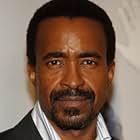
Tim Meadows
Mr. Duvall

Amy Poehler
Mrs. George

Ana Gasteyer
Cady's Mom

Lacey Chabert
Gretchen Wieners

Lizzy Caplan
Janis Ian

Daniel Franzese
Damian

Neil Flynn
Cady's Dad

Amanda Seyfried
Karen Smith

Rajiv Surendra
Kevin Gnapoor

Elana Shilling
Spelling Girl

Graham Kartna
Homeschooled Boy

Ely Henry
Homeschooled Boy

David Aherne
Homeschooled Boy

Ayo Agbonkpolo
African Warrior
Multimedia
